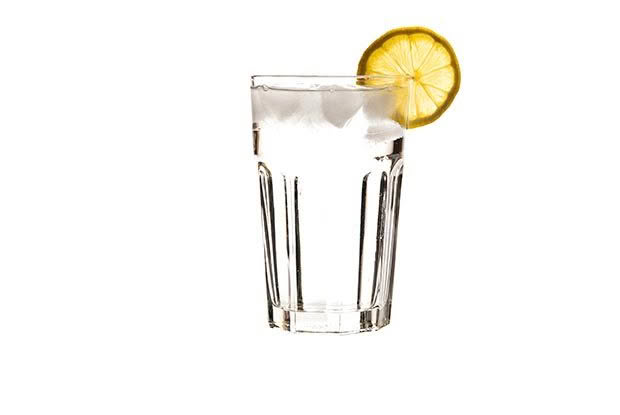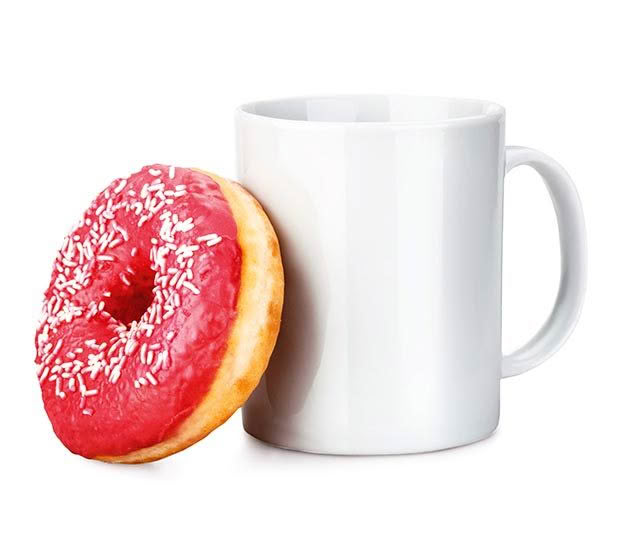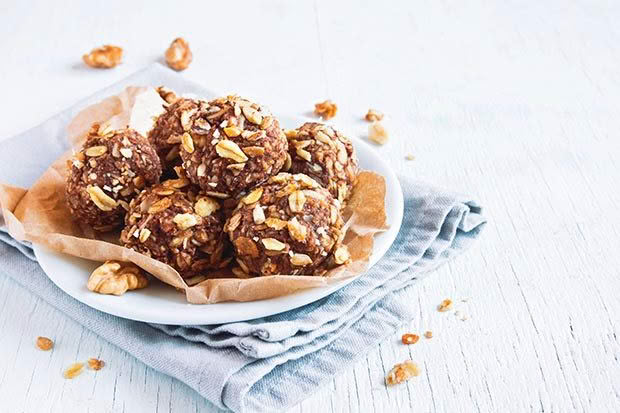Dr Libby’s guide to finding balance

Maintaining a healthy lifestyle can be a juggle but finding the right balance is essential for happiness and wellbeing.
I prefer to avoid specific rules about what’s OK and not OK when it comes to wellbeing. Pared down, it’s generally quite simple. This is why I always bring it back to the fundamentals of eating food the way it comes from nature (mostly plants) and ensuring that water is our main drink.
Most of the time we know what to do, we just don’t do it – sometimes because it’s easier and more convenient to make less nourishing choices.
Remember that it’s what we do every day that impacts our health, not what we do occasionally. Too many people make nourishing choices for days, weeks, months and then after one occasion of poor-quality eating believe they’ve “ruined” everything and make lousy choices into the future.
Countless times, patients have told me they have fallen off the wagon. But there is no “wagon” to fall off. There’s just life. And the belief in the wagon in the first place is part of the problem faced in making sustained good-quality food and lifestyle choices.
That said, there are some health considerations that aren’t necessarily top of mind when it comes to taking better care of ourselves.

PRIORITIZE TIME TO REST
Our body needs to rest – and I don’t just mean when we’re sleeping. We need time where we don’t feel like we’re “on” or available; time disconnected from devices and deadlines so the body can catch up.
Try scheduling in a couple of hours a week where you don’t have to do anything – increase that to to a whole day if you can manage it.
Relax on the couch with a book and a cup of herbal tea or have a bath. You may also like to engage in activities that help to activate your parasympathetic nervous system (the arm of our nervous system that is our natural “rest and digest” pathway) and encourage a restful state in your body.
They include qigong, tai chi, restorative yoga, meditation and breath work.

REMEMBER THAT POOR FOOD CHOICES CAN’T BE BURNT OFF
There is nothing in the world that can replace a highly nutritious way of eating. If you eat like a piglet you cannot expect everything to fall into place. That’s just common sense.
Yet I’ve met thousands of people who exercise frequently (and with intensity), especially after making poor food choices, with the intention of “burning off” calories they consumed the day before.
Usually this is based on the equation of calories-in-versus-calories-out, which is outdated. For one thing, it doesn’t take into account how our body metabolizes different foods.
Think about the calories consumed from eating a bowl of kale, which is filled with nutrients that our body can readily utilize.
Now consider the calories you might get from eating a chocolate biscuit that doesn’t offer much in the way of nutrition. No amount of exercise can burn off the effects of poor-quality eating.

TREAT YOUR LIVER AS THE SUPERSTAR ORGAN IT IS
When the liver becomes overloaded, it has a flow-on effect on energy, sleep quality, hormone balance and much more. Yet, we often make lifestyle choices that load our liver with all kinds of substances it needs to change (detoxify) before they can be eliminated.
We need to be honest about our intake level of the substances I lovingly call “liver loaders” and reduce our exposure to them as much as possible. They include alcohol, caffeine, refined sugar, trans fats and other synthetic substances.

SEE YOUR SYMPTOMS AS “MESSAGES”
I like to say that conditions such as PMS, constipation, bloating, reflux and headaches are common but not normal.
Pay attention to your body’s communication − it has the power to change how you experience health and vitality on a daily basis.
BE PREPARED WHEN IT COMES TO SNACK FOODS
Many people manage to eat well during their “main” meals but let themselves down with poor snack choices. Often this is due to convenience and availability.
It can be difficult to find nourishing snacks in a hurry and much easier to find high-sugar, high-fat (poor-quality) snacks.
Being prepared is the best way to avoid this. Having an afternoon snack can be helpful to regulate your blood sugar – and ensure you don’t walk in the door after work and consume anything or everything you see. Raw nuts, hummus and vegetables, a green smoothie or homemade bliss balls are great alternatives.
If afternoon teatime is your downfall, also consider adding extra fat from whole foods to your lunch.

Love this story? Subscribe now!
 This article first appeared in NZ Life & Leisure Magazine.
This article first appeared in NZ Life & Leisure Magazine.
